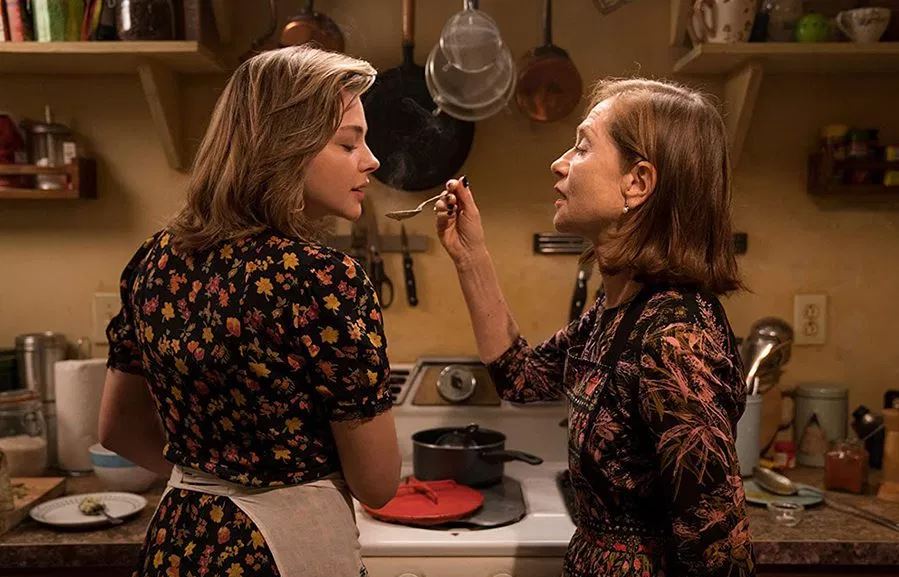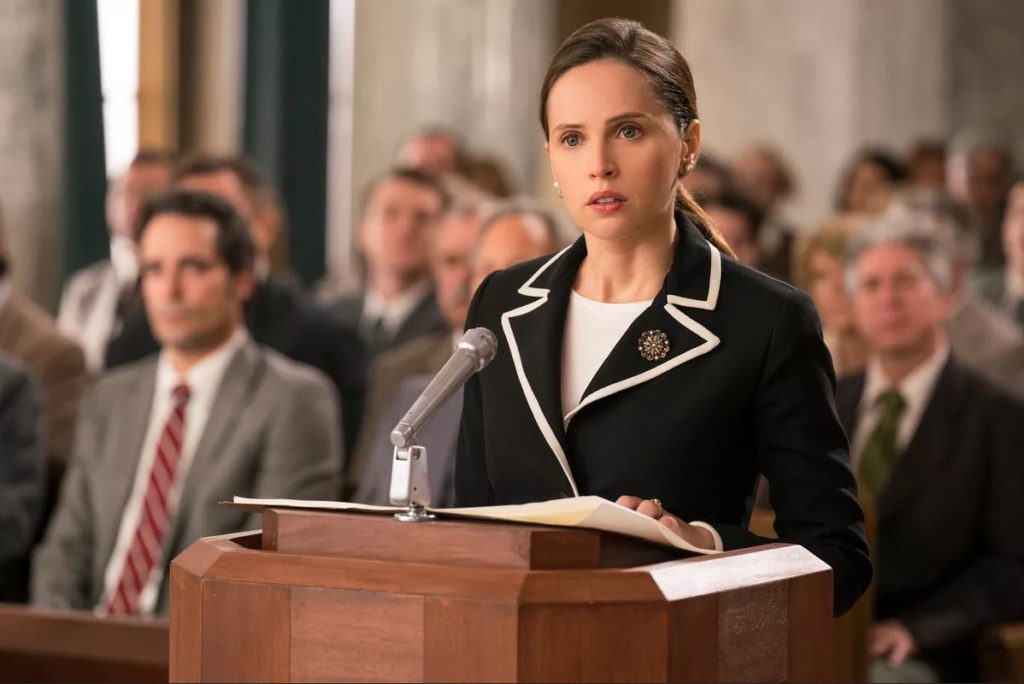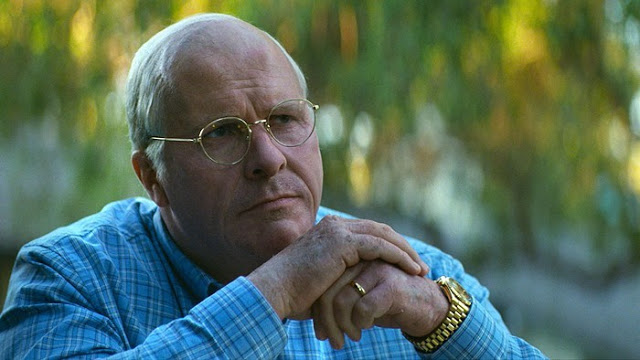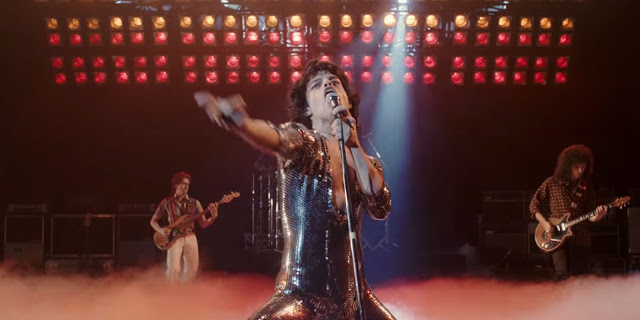Captain Marvel: Blasting Into the Past, with a Feminine Touch
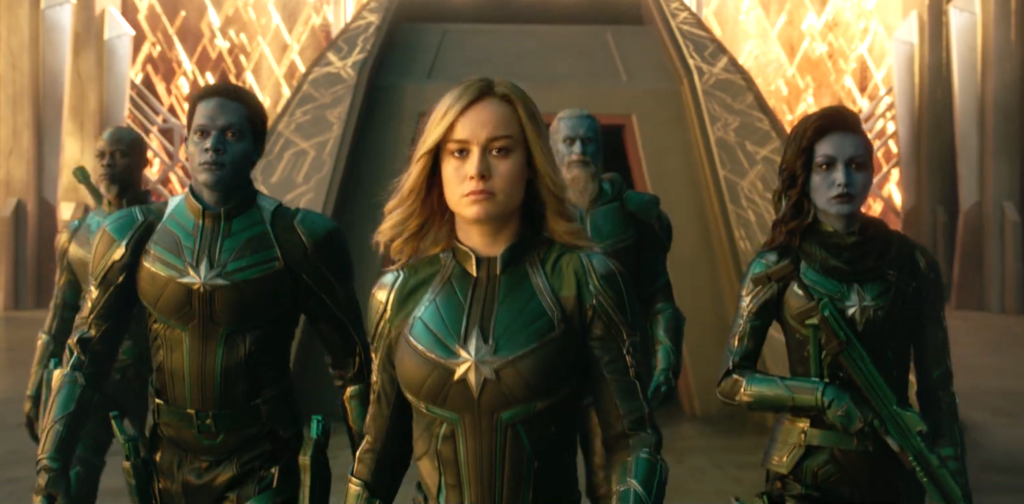
Trawling through the visualized memories of a warrior captive who’s suspended upside-down via electromagnets, the interrogator becomes baffled by the shapelessness of what he’s seeing. “Is anyone else confused?” asks Talos (Ben Mendelsohn), a member of a green-skinned, shape-shifting extraterrestrial species called the Skrulls. It’s a question that would ordinarily carry a meta charge; after all, this is the Marvel Cinematic Universe we’re talking about, that ginormous, globally branded franchise which has grown so sprawling, even those weaned on comics can barely navigate it without a map. Yet one of the satisfying things about Captain Marvel, the 21st and decidedly not-bad entry in the MCU proper, is that you don’t need to possess a doctorate in comic-book lore to appreciate its familiar origin-story rhythms. This isn’t to say that the movie skimps on fantastical elements or idiosyncratic detail; there are intergalactic wars, levitating soldiers, enigmatic androids, photon blasters, aptitude suppressors, and countless shots of characters manipulating or absorbing beams of glowing blue energy. But that’s all souped-up window dressing. At its core, Captain Marvel is about a hero grappling with her powers and struggling to claim her identity.
Directed by Anna Boden and Ryan Fleck from a script they wrote with Geneva Robertson-Dworet, Captain Marvel’s relative streamlining comes as something of a reprieve following the overstuffed Avengers: Infinity War. Where that bulky behemoth crammed countless characters and subplots into its 160-minute running time, this movie feels positively slender, with a refreshing clarity of focus. Sure, the obligatory mid-credits scene necessarily links what you just watched to the broader narrative of the MCU—a narrative that will theoretically conclude (ha!) next month with Avengers: Endgame—but otherwise, Boden and Fleck’s film features a welcome lack of duty-bound integration. Blessedly, Captain Marvel is about Captain Marvel. Read More

